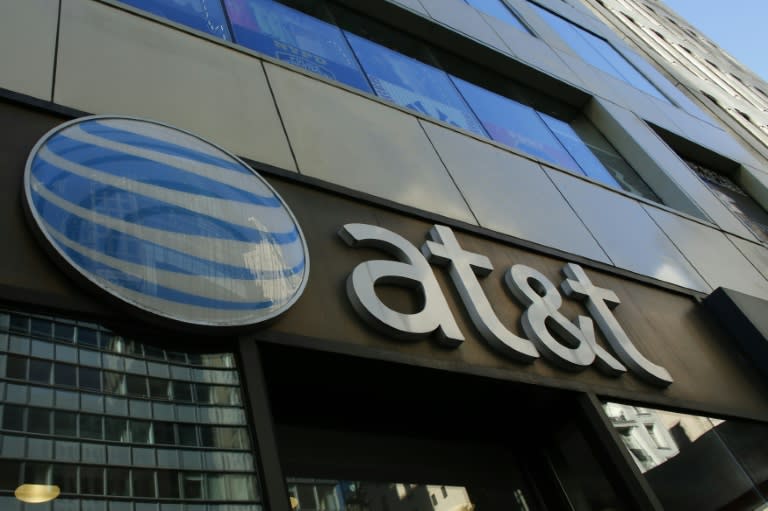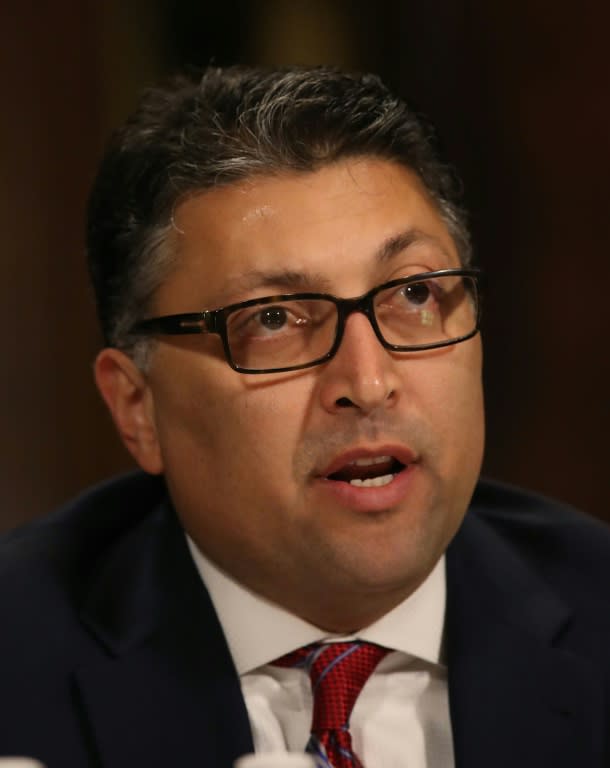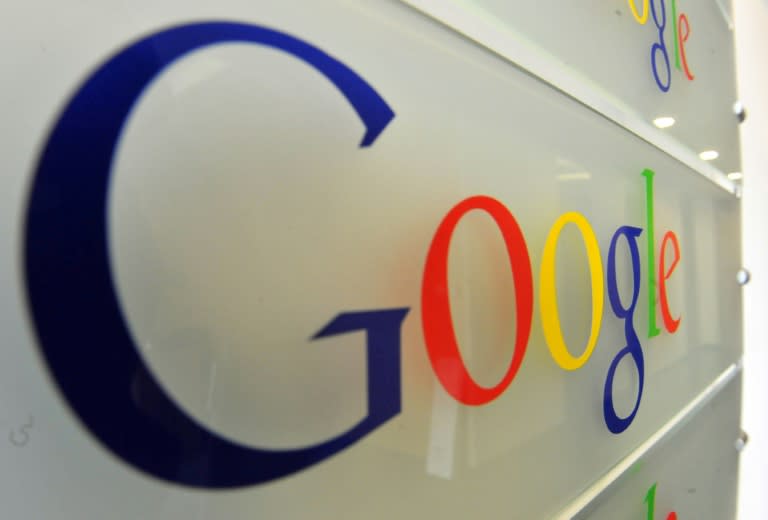With AT&T case, US may chart new antitrust path
In challenging the huge AT&T-Time Warner merger, the Trump administration is reversing a decades-old antitrust policy in a politically charged case that could have implications for other big tieups, and potentially for dominant technology companies. A lawsuit filed Monday by the Justice Department sets up an epic court clash over the $85 billion deal, which aims to unite the vast television and film content from Time Warner with AT&T's huge internet and pay TV distribution network. The deal "would mean higher monthly television bills and fewer of the new, emerging innovative options that consumers are beginning to enjoy," said Makan Delrahim, head of the Justice Department's antitrust division. AT&T has defended the deal as a "vertical" merger of two firms without competitive overlap. To make matters more complicated, the deal has put into focus a bitter feud between President Donald Trump and Time Warner's CNN -- which the White House has attacked repeatedly as a purveyor of "fake news." Trump expressed support for the lawsuit Tuesday, reaffirming his comments from the 2016 campaign opposing the merger. "I've always felt that that was a deal that was not good for the country," the president said as he departed the White House. To win the case in court, however, the government will have to overturn four decades of precedent on "vertical" deals, with no case heard since the 1970s. "If the government does go to court, it'll lose," said Larry Downes, a Georgetown University legal scholar and analyst, writing in the Harvard Business Review last week. "For vertical mergers, the government hasn't won a single court case." Downes said the case represents "a huge change in antitrust law," with repercussions well beyond the media industry. The case could be even harder to win because of Trump's frequent barbs at CNN, Downes said, raising "freedom of the press issues and potentially illegal interference with what by law is an independent review." - 'Must-have content' - Maurice Stucke, a former Justice Department antitrust prosecutor who now teaches at the University of Tennessee, said there is nothing novel about the government's case. "You're dealing with a really concentrated industry with few competitors," Stucke told AFP. The government's case is based on a tieup between one of the biggest distributors of content and a company that "controls must-have content in sports as well as some of the most desirable stations," including premium cable channel HBO. This raises questions about whether a combined firm would disadvantage rival pay TV providers or withhold content. The US allowed, with conditions, a similar merger of cable giant Comcast and NBCUniversal. Vertical mergers like these had been scrutinized by antitrust enforcers until the 1980s, when Ronald Reagan's administration adopted "Chicago School" principles to let the deals through, but Stucke said that there is no reason not to return to the prior tradition. AT&T plans to argue that its deal would enable it to compete against the powerful technology platforms such as Google, Facebook and Netflix that are transforming how people consume media. Randall Stephenson, AT&T's chairman and chief executive, maintained that the big tech firms "are creating tons of original content and distributing it directly to the consumer," disrupting the media and communications industries. - Spillover for Google? - Stucke and others noted that if the challenge is successful and the US changes course on antitrust, it would justify additional scrutiny by Washington on tech monopolies like Google. "There are many reasons for the government to investigate Google," Stucke said, pointing to the multi-pronged probe by European antitrust officials. "You have a competition agency (in Europe) that has found significant harm and assuming those practices are occurring in the US, you would think a responsible agency would say we should look at this." Other analysts agreed that blocking the AT&T deal would lend more credence to a move against Google. "I think the big losers of the DOJ suing to block the @ATT deal will be (Facebook)and @Google," tweeted internet entrepreneur Mark Cuban. "Their media advertising, content and distribution dominance will be a defense at trial. That could create bigger issues for them." The move has encouraged online rivals like Yelp, which has been pressing for action against Google for years. "By challenging AT&T/TimeWarner, DoJ has drawn a line in the sand. Google is *way* over that line," tweeted Yelp public policy vice president Luther Lowe.




